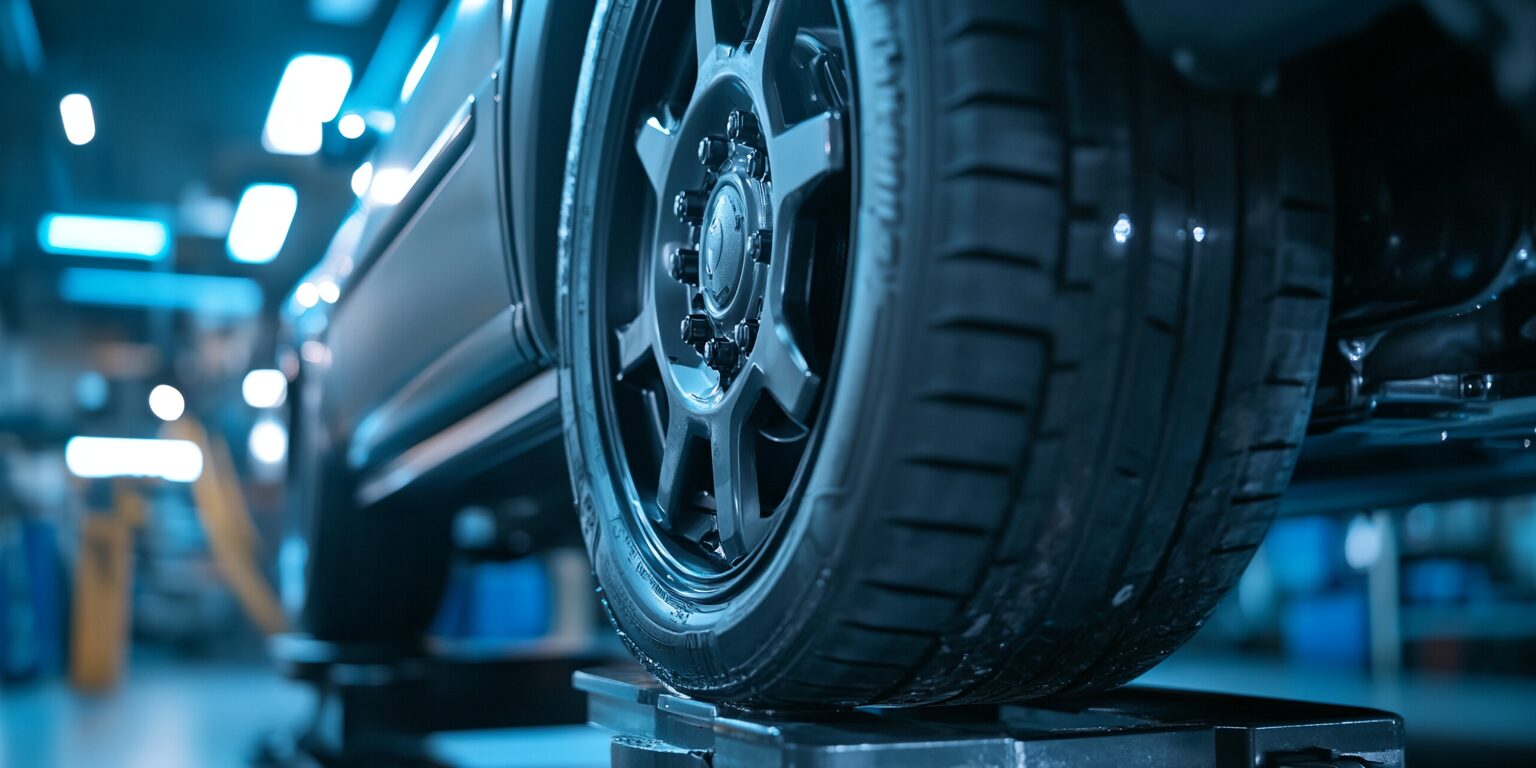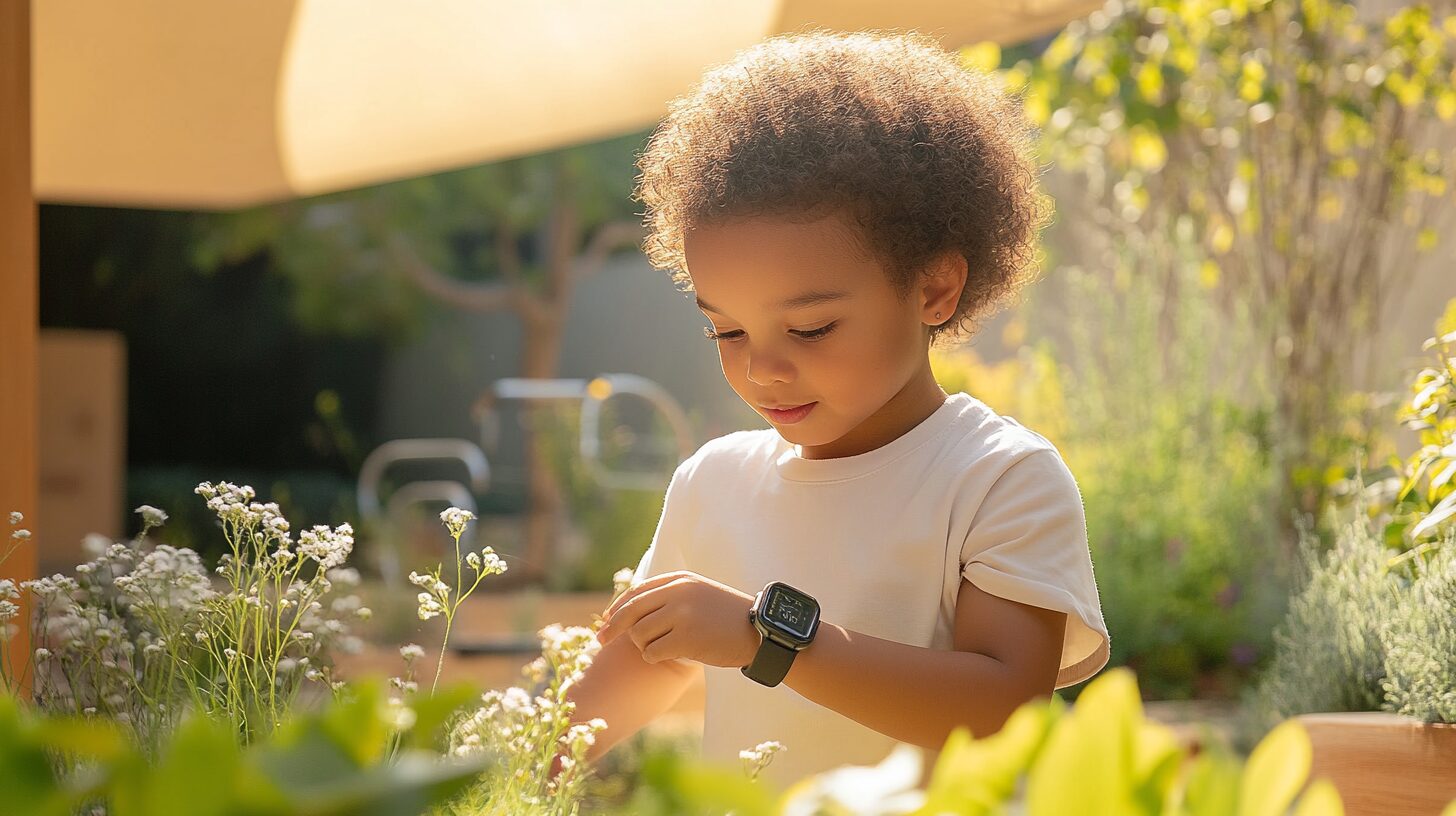How Accurate Are Fall Detection?– Falls are a significant concern for the elderly and those with mobility issues. According to the Centers for Disease Control and Prevention (CDC), one out of every five falls causes a serious injury such as broken bones or a head injury. In light of these alarming statistics, fall detection devices have emerged as a popular solution to help prevent these injuries and provide peace of mind for both the individual and their loved ones. But how accurate are these devices? In this blog, we will discuss fall detection, exploring what it is, who should use fall detection devices, how they work, and their accuracy.
Key Takeaways:
- After crashes related to traffic, falls are the second most common unintentional cause of death worldwide in terms of injury-related fatalities.
- Fall-related injuries and fatalities are more likely to occur in vulnerable groups, such as those with hearing and vision problems, those living alone, and those with various medical conditions.
- The growing popularity of fall detection devices among seniors reflects a growing recognition of the need for proactive safety measures. These devices use advanced sensors to detect falls and instantly notify caregivers or other designated contacts to provide aid.
- Even with ongoing advancements in technology, 100% accuracy in fall detection is still unattainable which sometimes causes false alarms. However, in order to improve reliability over time, manufacturers are constantly improving accuracy by analyzing sensor data.
- Consumers that considers a fall detection device purchase should consider aspects like cost, performance, and reliability. Popular potential include GPS-enabled trackers, smartwatches, medical alert systems, and home monitoring installations. Each of these offers unique features and benefits that users can customize to meet their needs.
What is Fall Detection?
Fall detection is a feature that automatically detects when a person has fallen and sends an alert to a monitoring center, family member, or caregiver. This feature is typically found in medical alert systems, but it can also be found in smartwatches and other wearable devices. These devices primarily ensure prompt dispatch of help in the event of a fall, potentially preventing serious injuries and even saving lives.
Who Should Use Fall Detection Devices?
Fall detection devices are recommended for anyone who is at risk of falling. This includes the elderly, people with mobility issues, and those with certain medical conditions. According to the National Council on Aging, falls are the leading cause of fatal and non-fatal injuries for older adults. Wearable fall sensors can provide an added layer of protection and peace of mind for both the individual and their loved ones, ensuring that help is always at hand in case of an accident.
How Fall Detection Devices Work
Fall detection devices use advanced sensors to detect changes in movement and orientation. The device sends an alert to a monitoring center, family member, or caregiver when it detects a fall. Some devices also have a manual button. You can press it in an emergency. This provides an extra layer of safety. The technology of these devices is always evolving. Manufacturers strive to improve accuracy and reduce false alarms.
Are Fall Detection Devices Accurate?
The accuracy of fall detection devices varies. It depends on the device and the wearer. A study found this. The Journal of Medical Internet Research published it. It found that fall detection devices are 73% to 98% accurate. But, some factors can affect the accuracy of fall detection devices. These include the type of fall, the person’s movements, and the device’s placement. For example, the system may not detect slow or gradual falls as accurately as sudden falls. Thus, it’s crucial to choose a device that best suits the individual’s needs and lifestyle.
Pros and Cons of Fall Detection Devices
Like any technology, fall detection devices come with their own set of advantages and disadvantages. Understanding these can help you make an informed decision about whether these devices are the right choice for you or your loved ones.
Pros
- Provides an added layer of protection and peace of mind for both the individual and their loved ones.
- Automatically detects falls and sends an alert to a monitoring center, family member, or caregiver.
- Can help prevent serious injuries and reduce hospitalization costs.
- Can be worn discreetly and comfortably.
Cons
- Can be expensive, with some devices costing several hundred dollars.
- May have false alarms, which can be annoying and cause unnecessary worry.
- May not detect all falls, especially slow or gradual falls.
- Some devices may be uncomfortable or difficult to wear.
Fall Detection Devices: What’s On The Market?
There are many fall detection devices on the market, ranging from medical alert systems to smartwatches. Here are some of the most popular devices:
Medical Alert Systems
Medical alert systems are designed to provide emergency assistance for older adults and those with mobility issues. These systems typically include a base station and a wearable device that can detect falls and send an alert to a monitoring center.
Smartwatches:
Smartwatches are becoming increasingly popular for fall detection, as they can be worn discreetly and offer many other features.
GPS Tracking Devices:
Fall detection technology is also included in several GPS tracking devices. These devices offer emergency assistance and real-time location tracking. According to studies, these devices often identify between 70% and 90% of signals.
Fall detection devices can provide an added layer of protection and peace of mind for those at risk of falling. While the accuracy of these devices varies, they can help prevent serious injuries and reduce hospitalization costs. When choosing a fall detection device, it’s important to consider the individual’s needs and preferences, as well as the device’s accuracy, comfort, and cost. With the right device, you can ensure that you or your loved ones are always protected, no matter what.





